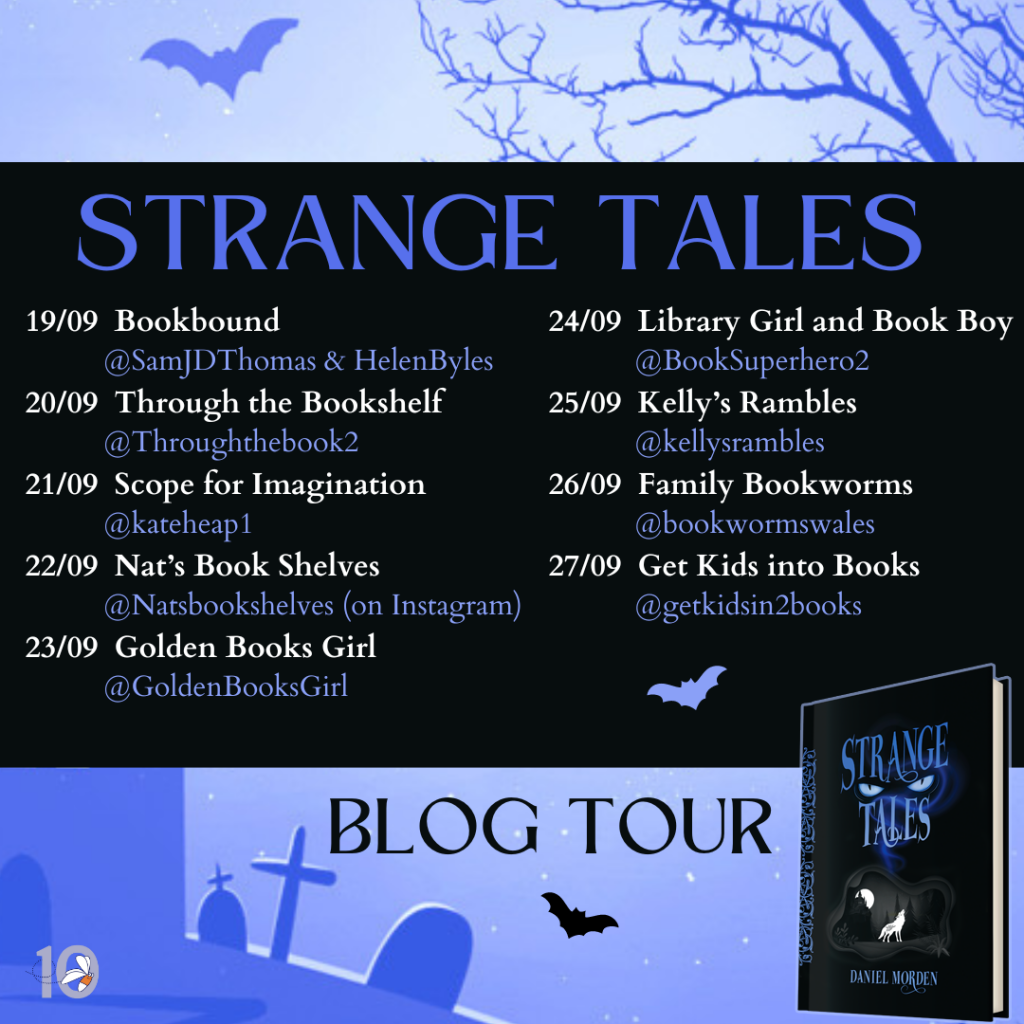
We are delighted to be today’s stop on the Strange Tales Blog Tour, and more than a little bit pleased to be featuring author and storyteller Daniel Morden in a Q and A. Strange Tales is a collection of nine short stories inspired by world myths and folklore – full of intrigue, mystery, magic and mayhem. Presented in a hardback gift edition by Firefly Press, it is a thing of beauty publishing on 28th September 2023.
Congratulations on Strange Tales.
Thank you! I am proud of the book. It contains some of my favourite stories: stories that have been such fun to tell, and stories that niggle at me, like a pebble in my shoe.

What are the main differences between speaking stories and writing stories?
When you tell a story you can colour the words. Your intonation, gesture, rhythm and facial expression inform the audience’s response. If you say something in a sarcastic tone, the audience will understand it to be a joke. If you write the same words, without the sarcastic tone of voice it could become confusing or even offensive.
Your intonation, gesture etc., means it is obvious which character is speaking, so you don’t have to say, he said. On the page you have to explicitly state who is speaking, especially if there are more than two characters in the scene, which means you have to interrupt the flow of the dialogue with he saids and she saids. Often the dialogue in a spoken version of a story is quickfire and rhythmical, and this is lost because of the scaffolding.
But books are lovely! They are always beside you for you to enjoy, unlike a storyteller. And they travel to more places than I can visit in one lifetime.
How do you go about making the transition from performing a story to writing it down? What are the challenges?
First I write it exactly as I would tell it. Then I send it it to my editor, who replies with comments such as, Who is speaking here? Why does she say this? Give us some adverbs!, the scales fall from my eyes and I realise that the story needs more description and context because the reader cannot hear my voice as they read. The challenge is to try to retain the propulsive momentum of a spoken telling despite the additional contextualising.
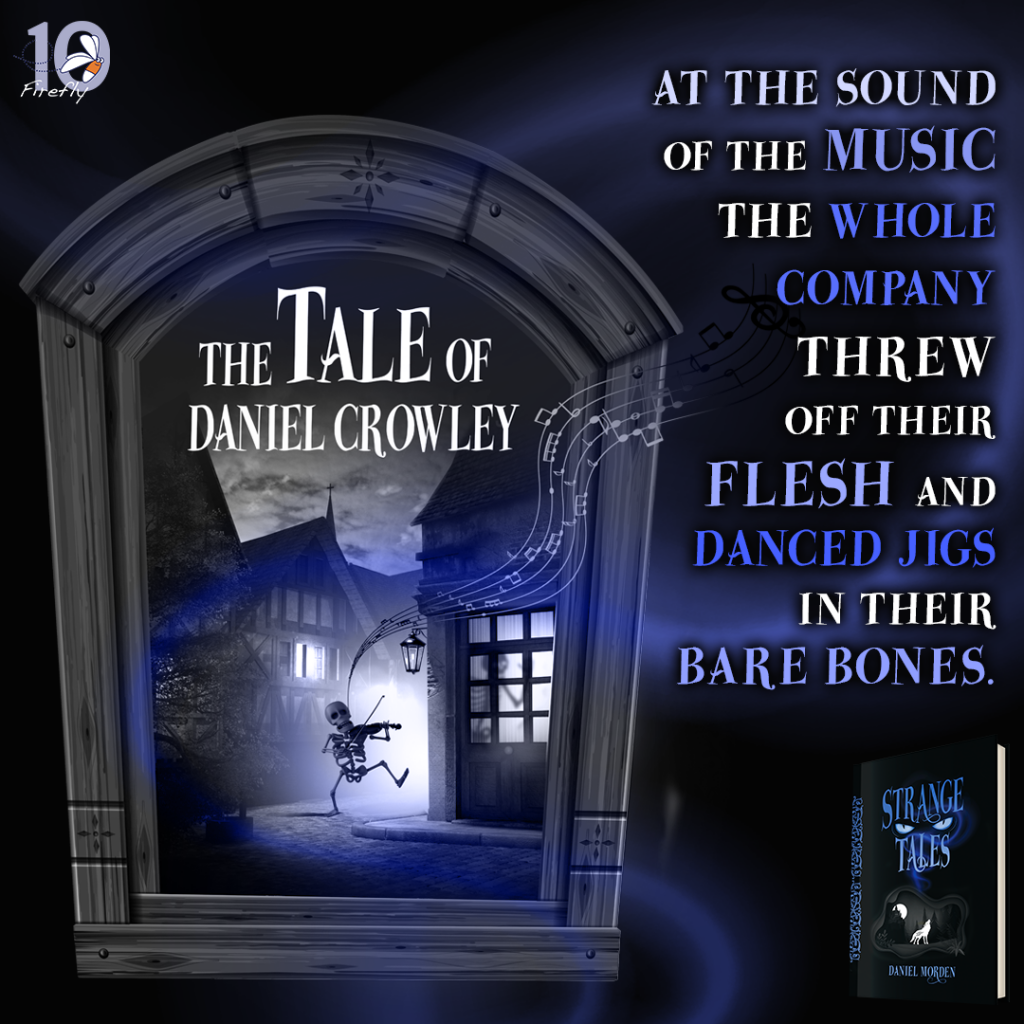
Tell us about Daniel Crowley – where and when did you first hear his tale?
I first encountered the story as part of a play called SAVAGE JUSTICE back in the eighties. Because it was a play, they could have great fun with the ghostly party. One actor mimed peeling off his skin, and playing his ribs like a xylophone!
How have you changed the version you first came upon?
The ending felt abrupt: next morning Daniel’s apprentices found him lying amongst the chaos of his workshop. What happened to him then? did this experience change him? So I added a little coda – you will have to read the book to discover if it is an improvement!
Some of the Strange Tales have a gruesome and unnerving aspect. Do you find yourself tempering (or even amplifying) your words for an audience?
When I am performing, I can show the character’s disgusted/appalled/horrified response to what they are seeing, without having to explicitly describe the sight that provoked this extreme response. I have to spell out the horror in the written version, so inevitably it can feel more disturbing! I trusted my editor to rein me in when necessary.
The book is called STRANGE TALES and the cover is ominous. It is very clear what you are getting! My main concern is that the stories are not creepy enough to meet the expectations set up by the cover…
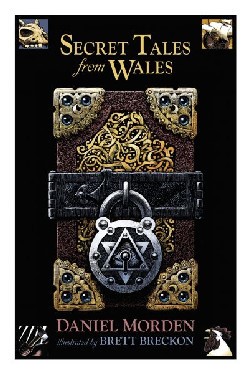
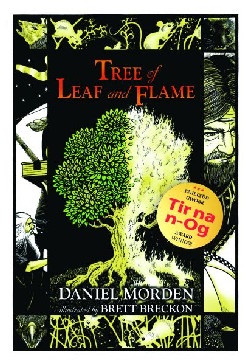
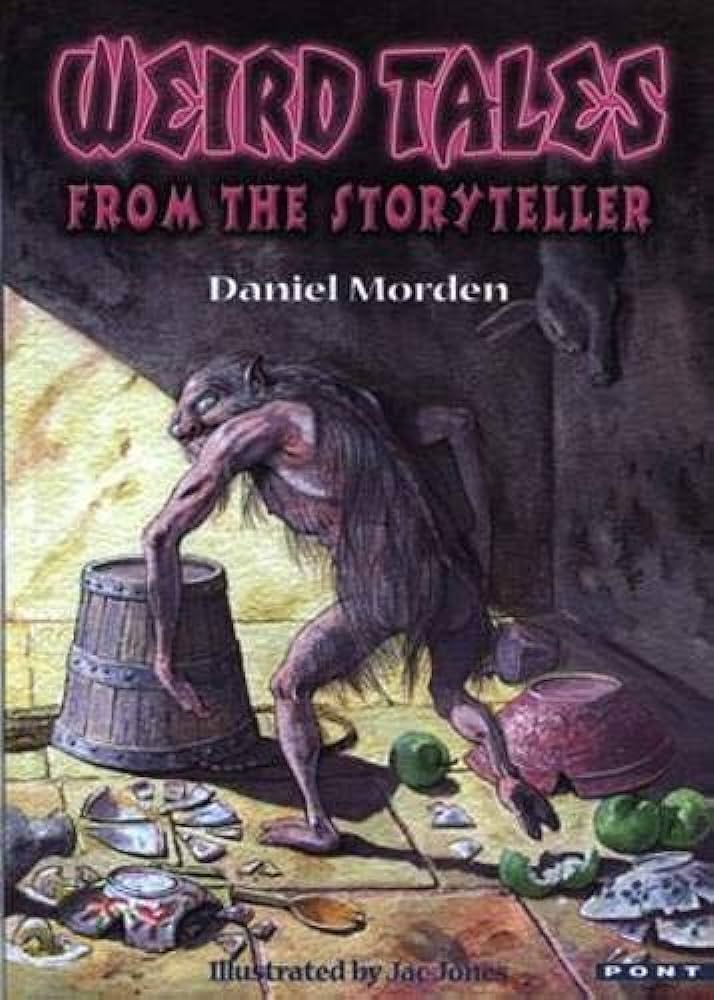
You are twice the winner of the Tir na nOg Award for books with a Welsh context. Does winning awards and recognition have an impact on your craft?
It helps to raise the profile of the book. A writer once said publishing a book is like throwing a rose petal down the Grand Canyon and expecting to hear it land. At this time of year there is always a deluge of new books, most of which disappear very quickly. Winning an award gives the book a second chance to reach an audience.
You often combine storytelling with music. When is this most successful?
Music is very powerful. It can make us feel emotion very quickly. Just think of the JAWS theme. The teller has to adapt their performance to allow the musicians to work their magic. Often I realise I don’t need to say whole paragraphs because in a few moments the music has evoked what I was trying to convey. I think the teller has to behave as if they are another musician contributing to an overall sound, rather than assuming they have to dominate.
Who are amongst your favourite storytellers?
Jan Blake is the real deal. Big hearted, funny, exuberant, shocking, thrilling… you never know what she is going to say next!
What other books can you recommend to readers who have enjoyed your stories?
The Red Gloves by Catherine Fisher – a wonderful collection of eerie stories that will haunt you long after you have finished the book.
Clockwork by Phillip Pullman. You can read it in a single (winter’s) evening. Full of magic, mystery and suspense.
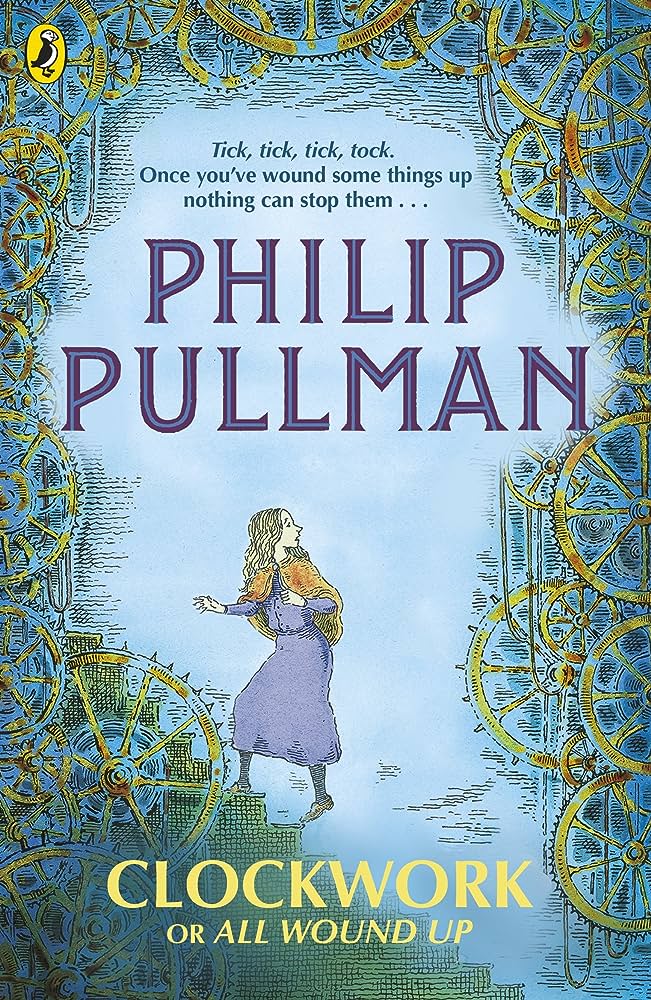
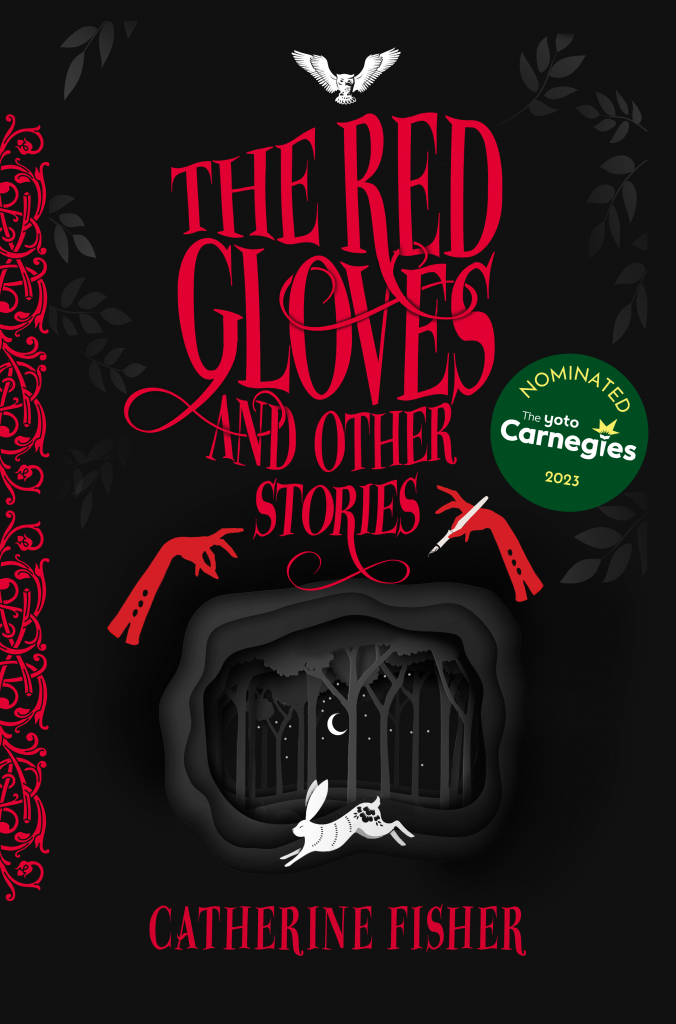
Strange Tales is published by Firefly Press on 28.09.2023. Huge thanks to Daniel Morden for answering our questions and to Lucy Mohan at Firefly Press for inviting us. Buy a copy of the book here and also check out links to Daniel’s website and Twitter.